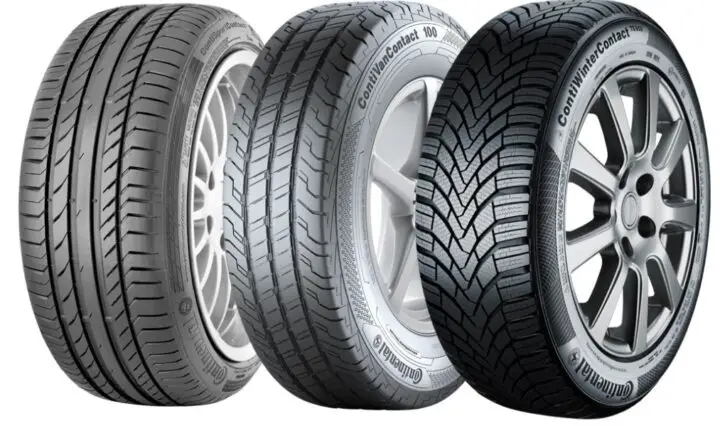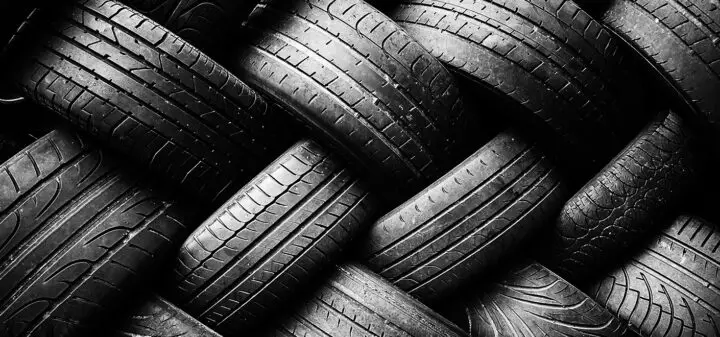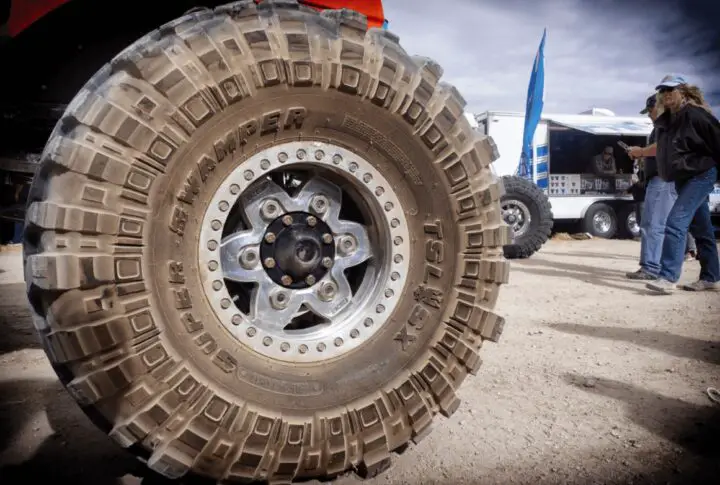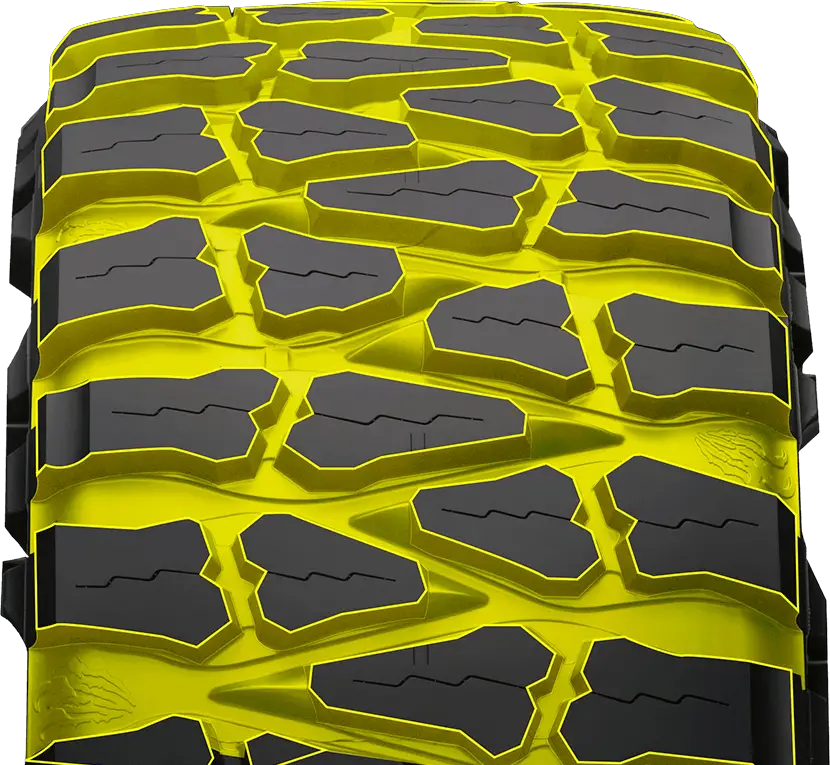Buying a new car will get you brand new tires. They com straight the manufacturer without a scratch on them. You can be the first to actually wreck them! Burn outs and drifting or whatever thrills you.
But are they the best tires? Are they even decent tires?
Or does it seem like they wear out too fast and you are already headed to the buy some new tires without putting more than a few thousand miles on your car? They may seem like it but do new car tires wear out fast?

Aftermarket wheels are often touted as being cheaper, but are they just as good or better than OEM wheels? It’s really hard to say. Some people prefer aftermarket because of the price while others will buy them for style.
But some people swear by their OEM wheels and wouldn’t think about switching to anything else, even if it means spending more money up front. So what do you think? Is there a way to definitively answer this question?
What do you think of when someone mentions aftermarket vs original equipment manufacturer (OEM) tires on your car? Do these terms make sense to you at all? If not, then read on! We will look at the difference between these two types of tires and see how each one can be the best fit for your car.
Table of Contents
What Are Aftermarket Tires?
Aftermarket tires are tires that are designed to be used as replacements on cars, instead of being sold as part of a vehicle’s original equipment (OE). Typically speaking, new OE replacement tires will have an OEM tire designation on the side of the tire. The term “aftermarket” means the tires are replacements for vehicles, rather than being designed and built specifically to be sold as original equipment.
Because OE tire manufacturers have a standardized set of performance characteristics they want their tires to meet, it makes sense that aftermarket replacement tires can’t always keep up with those standards in order to maintain vehicle manufacturer’s warranty support.
Aftermarket tires are generally designed to more general specifications than OE tires, making them less expensive. For example, low-cost aftermarket replacement tires may be of different size, have a lower load capacity or speed rating, and not perform as well in testing.
This is because the automotive manufacturers expect all their vehicles to work together during performance, not necessarily with replacement items.
What Are OEM Tires?
Original equipment manufacturer (OEM) tires are what came on your vehicle at the factory, and come under the vehicle’s warranty no matter who installed or purchases them. OE tires usually have an assigned part number that is specific to your car, truck, van or SUV.
This means that if your vehicle comes with tires as part of the standard equipment, then they are OE tires. If you cannot find that number on the tire itself, most automotive dealerships should be able to look it up for you if you provide them with your vehicle’s make, model and year.
There are advantages and disadvantages to both OEM and aftermarket tires, so it’s important to consider your needs before making a decision. A tire is one of the most important parts of your car. It makes sense that you would want to have the best version of whatever you’re putting on your car (or truck or SUV). So what do you need?

OEM is synonymous with direct replacement. If it says “OEM” then you can rest assured it will fit exactly the same as the part that came with your vehicle. OEM parts are great and will give you exactly what you need. But sometimes you want a change. So you will have to look for parts that may be slightly different. There we have to check the aftermarket.
Are OEM Wheels Better Than Aftermarket Wheels?
OEM (Original Equipment Manufacturer) wheels will be cheap and ugly. Unless you pay for premium wheels you will not be impressed by the standard wheels that come with your vehicle. So if you are looking for aftermarket wheels you will be pleasantly surprised with the options available. There are hundreds if not thousands of options to choose from.
You will be limited by the size of your vehicle and the traction. So if you have a Honda Civic you will not be able to put on some 22 inch rims. It simply is not physically possible. A Civic has 4 spokes, and for larger wheels you will need 5 spokes.
Also the wheel well will not support that size without heavy modifications. And you will need to add some serious horse power to make it worthwhile to move the huge wheels you proudly bought.
There are specific wheels that will provide excellent use for very specific situations. For example, if you are off roading and rock climbing, you will want to use beadlock wheels. Beadlocks are specifically designed for slow and rocky terrain.

If you have a Toyota Supra and you want to put the wides wheels you can on your beast for some track day fun, your stock wheels will be of little use. You will be sliding all over the track with those stock 16″ x 8″ wheels.
It all depends on your needs. OEM wheels will not be better than aftermarket wheels if you have any specific need that includes, specific function i.e. slicks, off roading fun, or looks i.e. large rims or spree style rims.
Why Are OEM Tires So Bad?
OEM tires are not the best tires because they are bought with the idea of being used temporarily and discarded. So the OEMs tend to buy cheaper tires that will give you the feeling of confidence to buy the car.
So do OEM tires wear faster? OEM tires seem to wear faster. It really depends on the brand though. But if you compare a premium tire that was bought on the aftermarket versus an OEM tire you will find that the OEM tire wears faster.
Much faster.

They will last thousands of miles. But they are the equivalent of budget or used tires for the most part. Assume tires will need to be replaced within the first 6 months to year after purchase date.
Do OEM Tires Have A Warranty?
Yes, OEM tires are covered under warranty. But it depends on the manufacturer. More than likely OEM or factory tires will have a separate warranty that is honored by the tire maker. So if you have a vehicle warranty the tires will not be included unless there are extreme circumstances.
Since tires are designed to last for 30,000-50,000 miles your vehicles warranty will exclude tires warranty. You will have be able to file a claim through the tires manufacturer, though its warranty would not include much and you will more than likely be denied unless there is a glaring defect resulting from the manufacturer’s negligence.

Buying a new car is exciting and it should be. It is a large purchase that few people make in their lifetime. So when you drive it off the lot, assume the tires are waiting to pop or wear out within the weekend. Ok, now that is an exaggeration.
But it still is within the realm of reason. So when you buy a car, look to spend money on new tires as soon as you need to change its first oil.
Main Takeaways – Are OEM Wheels Better
The answer is largely subjective and depends on the individual’s preferences, driving style, vehicle type, budget for modifications (if any), etc. Our advice? Go with what you like best! If your car doesn’t come equipped with the original factory-installed rims or tires when it leaves the lot, then they are considered an upgrade over stock components in most cases – but not always.
If you are nearing the end of your car’s warranty, then it is also important to note that changing rims or tires can have an indirect impact on your warranty status. Many automakers exclude tire and rim replacements from their warranties when certain modifications are made to the vehicle.
If you recently installed a new suspension system or other aftermarket components that could affect the car’s driving dynamics or safety systems, then installing new tires can also be seen as a moving target by the manufacturer.
This is because the addition of any such upgrade will alter the vehicle’s handling and could require recalibration of its safety systems (e.g. stability control system, electronic brake force distribution algorithm, etc.).
